CFMEU boss John Setka demands more strike rights
CFMEU boss John Setka says there are too many ‘happy clapper unions’ more interested in ALP backroom deals than the welfare of its workers.
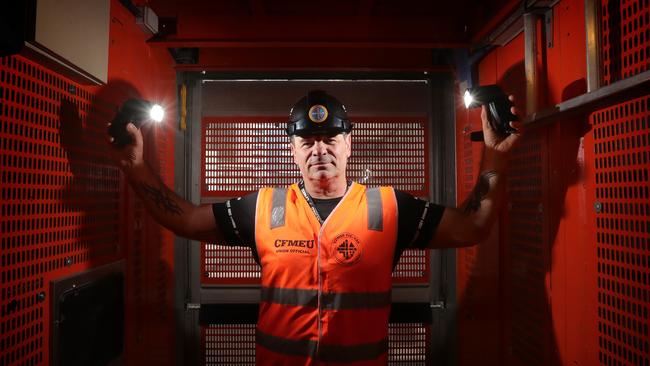
Controversial CFMEU boss John Setka will push for greater rights for workers to walk off the job on safety grounds as the union seeks to capitalise on policy changes by the Albanese government and reinstate employment conditions the Coalition banned nationally.
In a new show of union force, Mr Setka declared construction workers were “human beings, not slaves” and needed an increased capacity to withdraw their labour, adding that the next enterprise agreement was “one of the most important we have done”.
In an interview with The Australian, he said the CFMEU was willing to fight for its members and get out on the ground and organise unlike “all these happy clapper unions, the ACTU and all them … I mean for f..k’s sake, talk about running a sheltered workshop”.
The union’s Victorian construction division secretary pointed to last week’s rally in Melbourne attended by up to 20,000 construction workers. “Look at the rally: pretty big rally,” he said. “It’s only construction unions there. You call the other unions. They’re lucky to bring 10 other people along and then they want to hog the stage because they don’t go out near workplaces.
“The ‘happy clapper’ unions: that’s what I call them. Instead of sitting in back rooms and trying to work out the numbers for who’s going to get the next safe seat, and enjoy a life of luxury in the ALP, you know what? Maybe go represent your members first.”
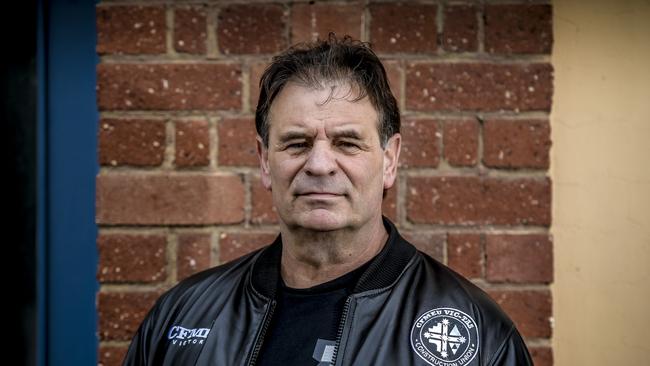
Thousands of members will be surveyed in coming months and the results will inform the level of pay rises the union seeks from employers. Mr Setka said members were concerned about the rising cost of living but accepted the industry was in a fragile position.
The construction sector has been rocked by a series of company collapses in the first three months of this year including Porter Davis, Lloyd Group, PBS Building, EQ Constructions, Hamlen Homes, Hallbury Homes and LDC.
The CFMEU’s construction division has traditionally been a national pacesetter for private sector wage increases, securing annual 5 per cent pay rises in commercial construction before the pandemic. Members accepted a 3 per cent annual pay rise under the 2020 agreement in exchange for a doubling of redundancy payments.
“Rents have gone up; mortgages have gone up; everything’s gone up but we don’t want to wreck the industry either,” Mr Setka said.
“We know the industry is pretty fragile. CPI is at 7.8 per cent. What if it all drops back to three or four (per cent)? We have got to be conscious of all that. You have got to almost have a crystal ball.”
He said union delegates and health and safety representatives needed better protections and workers should also be able to walk out in support of delegates who were being harassed by management for raising issues on behalf of members.
“If you can’t withdraw your labour without getting a fine, it means we’re slaves, aren’t we?”, Mr Setka said.
“I understand that when a builder signs an EBA with us, they pay us good wages, we have good conditions. There is a certain obligation we have. That builder’s put their balls on the line and we, as a stakeholder in it, have to work together to deliver that project.
“But there are going to be times where people, if they really feel genuinely unsafe, or if they think ‘something’s wrong, and I feel unsafe being here because I feel my safety is in jeopardy’, then they should have the right to withdraw their labour.
“At the moment, because of the Coalition and all the shit laws they put in place, they haven’t.”
In abolishing the Australian Building and Construction Commission, the Albanese government scrapped the Coalition’s building code which prevented employers from agreeing to insert different clauses into agreements if they wanted to remain eligible for commonwealth building work. Ahead of negotiations with employers, Mr Setka said the union would push to reinstate clauses requiring employers to convert casuals to permanent employment, limit the use of labour hire and engage more apprentices.
“The most controversial thing will be us putting in prohibited content the (then) federal government outlawed. We’ll be looking to reinstate all that stuff into the agreements again,” he said.
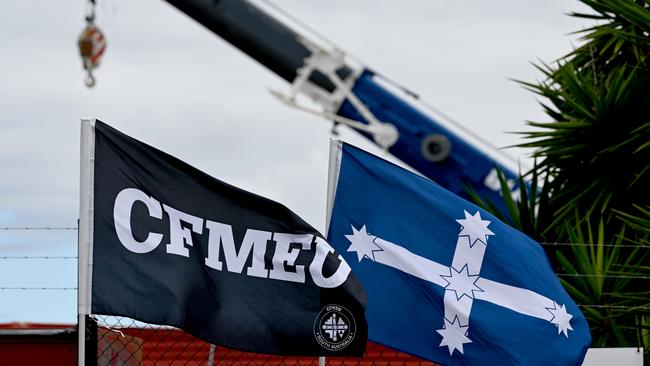
Mr Setka said a shorter working week across the Victorian construction sector – from six days to five days – would be on the table for the next enterprise agreement.
He said the Andrews government “came and saw us awhile ago and said we want a five-day working week because of a lot of mental-health issues, excessive hours being worked creating unsocial impacts”. He said workers were paid double time for working on a Saturday or Sunday so there needed to be incentives to work Monday to Friday.
“So how do you pull the same wage for working five days a week as you do for working six days a week because the Saturday is your cream?” Mr Setka said.
“Some people say to me, ‘my wife drives a better car, almost a new car, but my payments for that car, so my kids are safer, is that Saturday’. It’s double time for working Saturdays and Sundays. For some people, that might be their mortgage payment. My personal view is I think it’s one of those things that you have got to slowly transition. You can’t force it on people.”
Master Builders Victoria interim chief executive Michaela Lihou said: “We are currently investigating the feasibility of alternate ways to structure work. The lack of flexibility in fixed-price contracts on top of supply, skills and labour shortages as well as inflation and interest-rate rises continue to impact the building and construction industry.
“As an industry, we know that we cannot continue to operate the way we do. We know workers are leaving the industry. We need to change the industry culture to a more flexible and inclusive environment which will provide better mental health outcomes, attract a more diverse workforce and attempt to resolve current and future skill shortages.”
Ms Lihou said any wage increases across the industry needed to be reasonable and sustainable. Responding to Mr Setka’s call for a greater ability for workers to walk off sites where there were perceived health and safety risks, she said: “While the health and safety of workers is a priority, we believe that there are already strong mechanisms in place to help address health and safety concerns at work. Many of these issues can be addressed through dialogue and co-operation at a workplace level.”


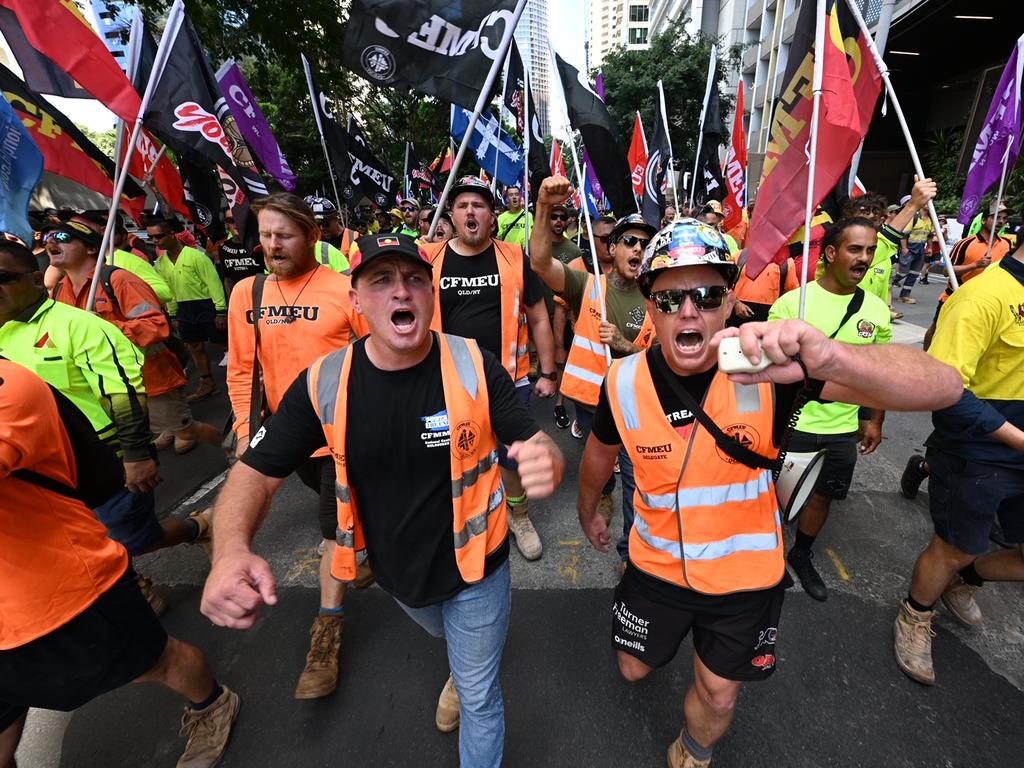

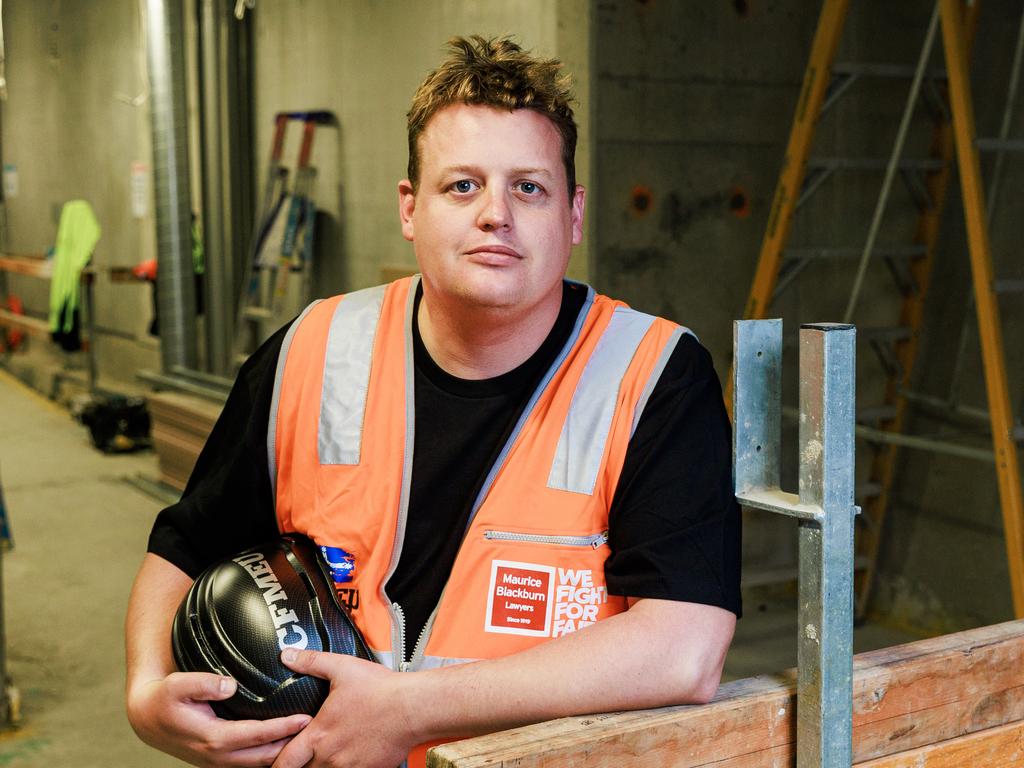
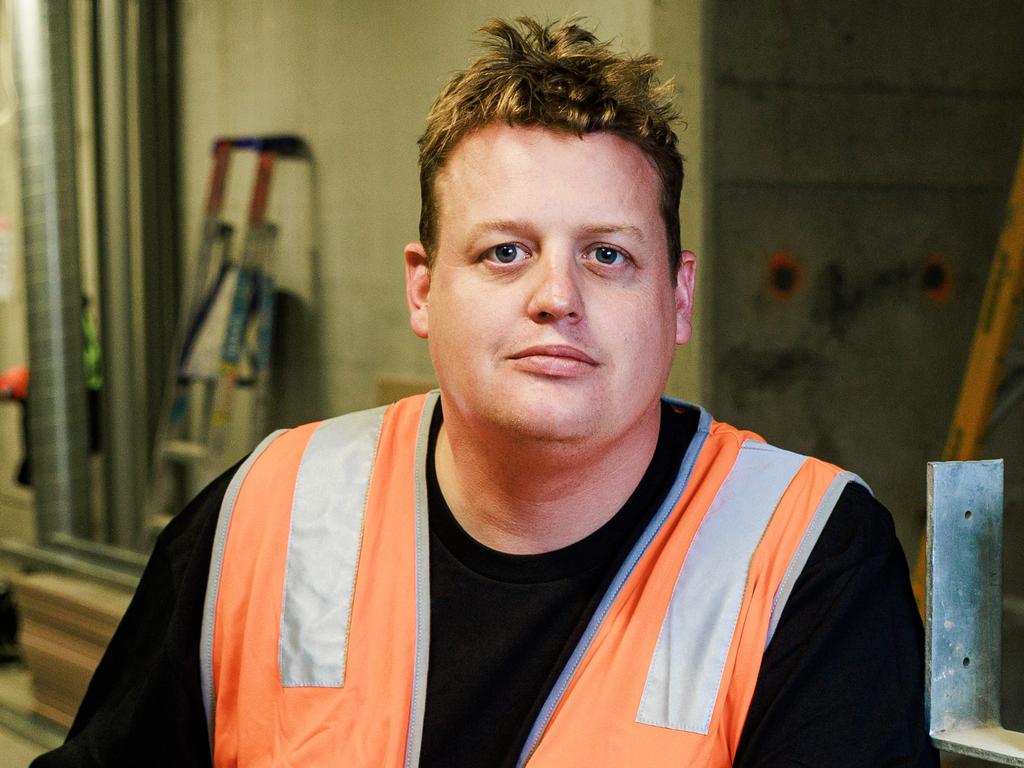


To join the conversation, please log in. Don't have an account? Register
Join the conversation, you are commenting as Logout